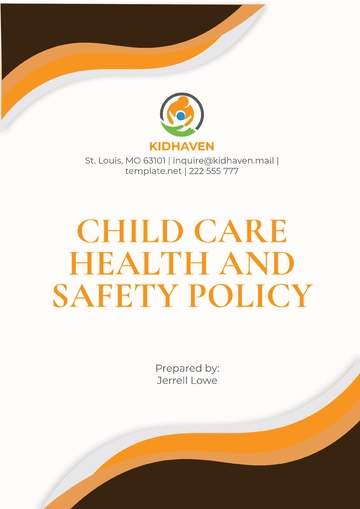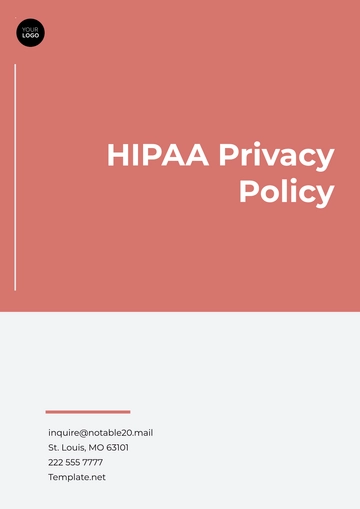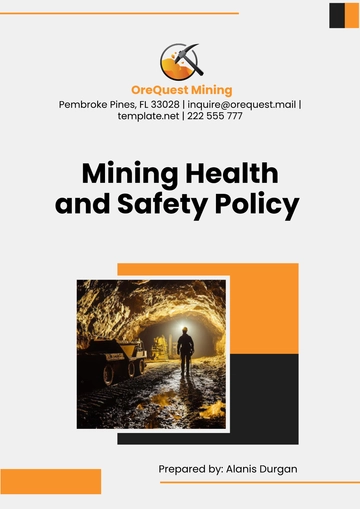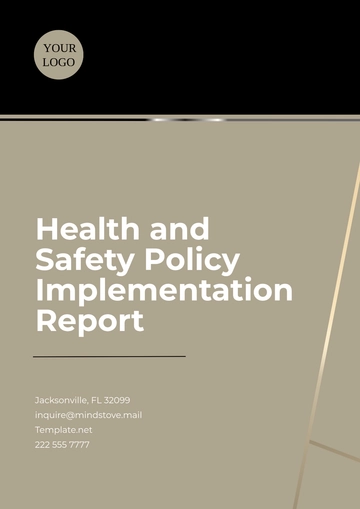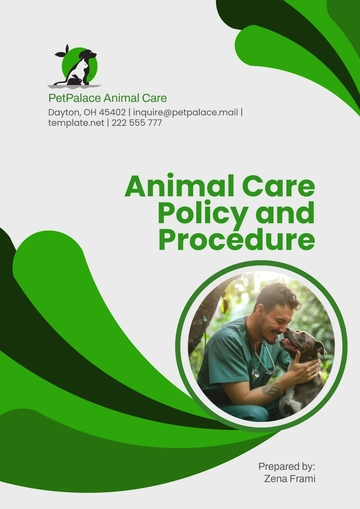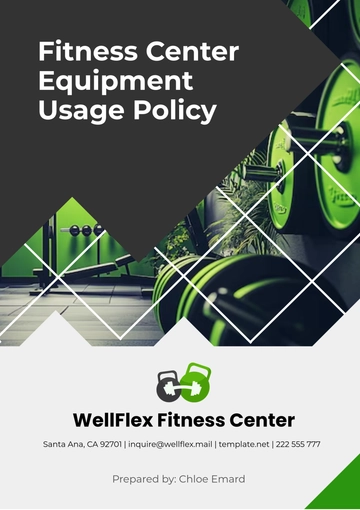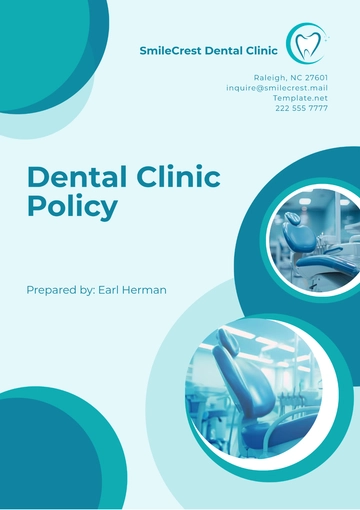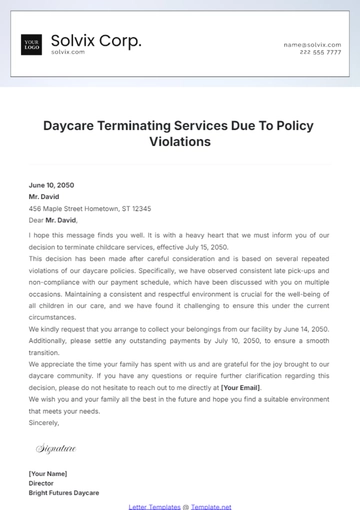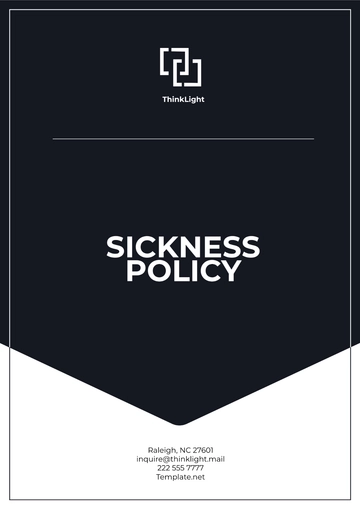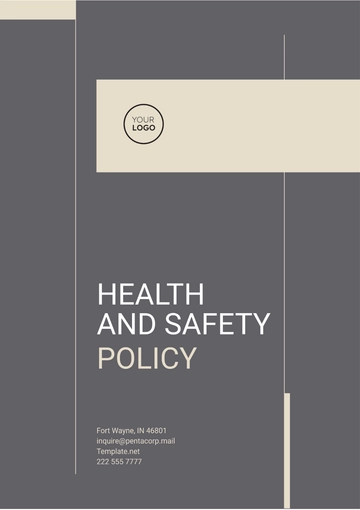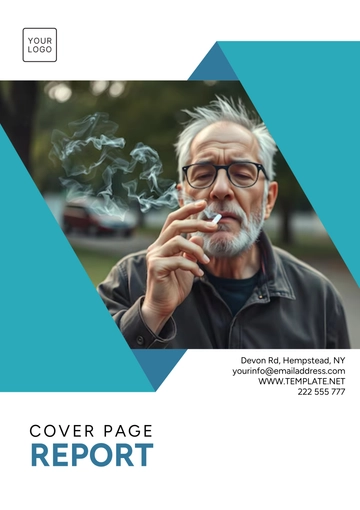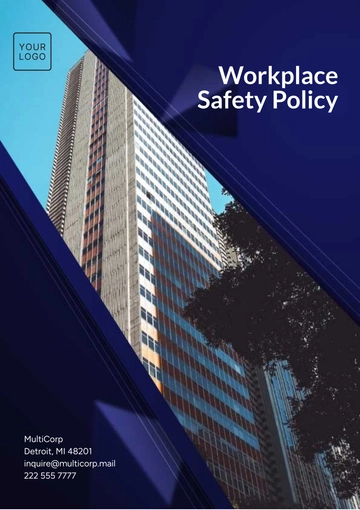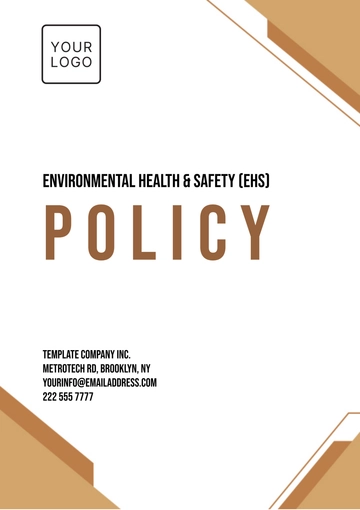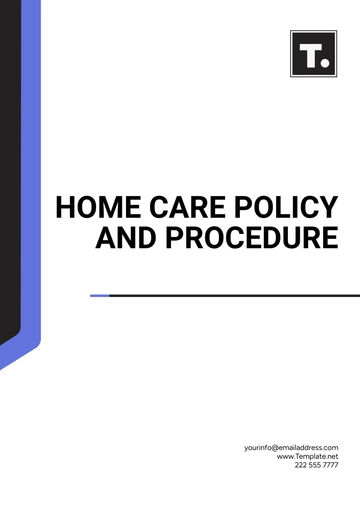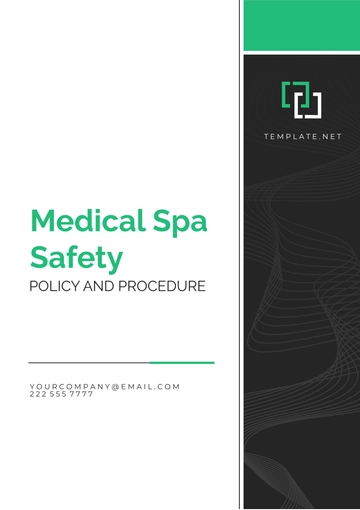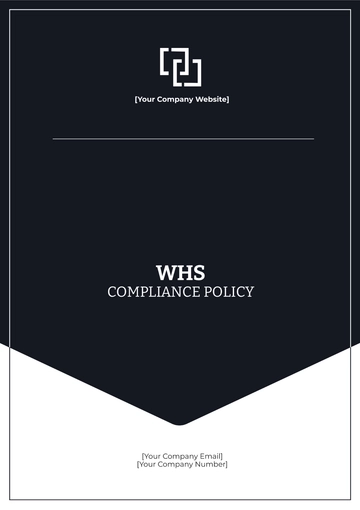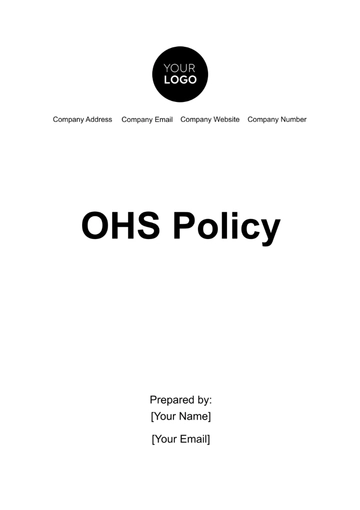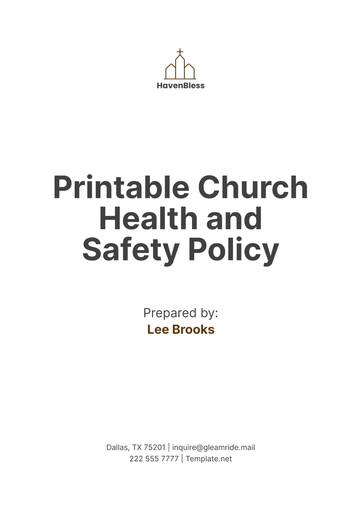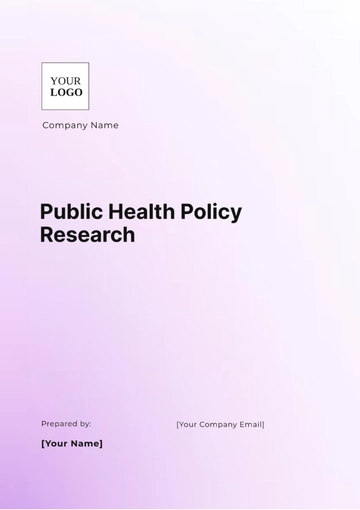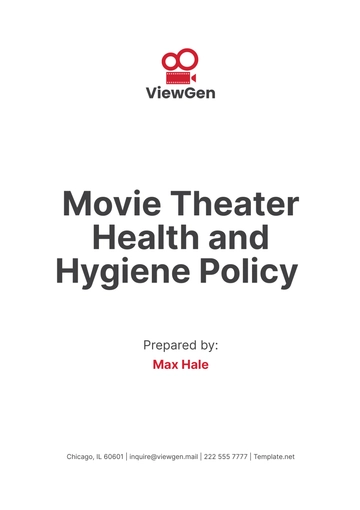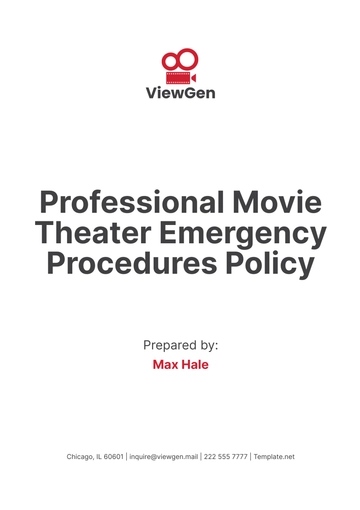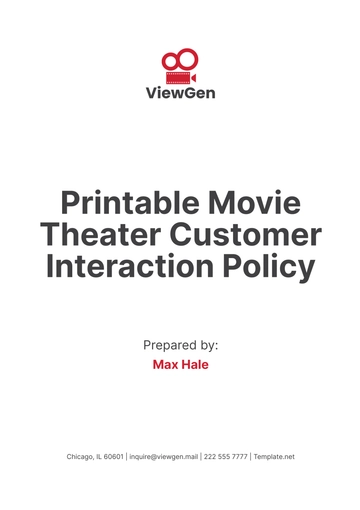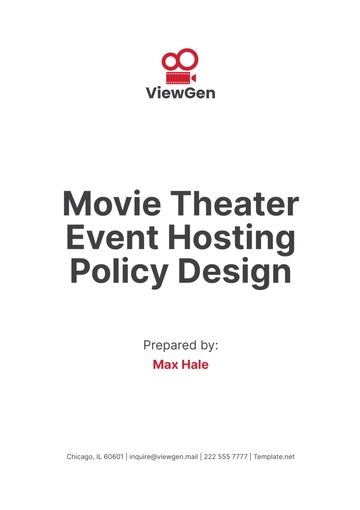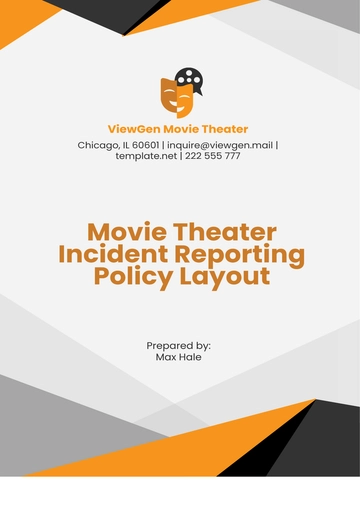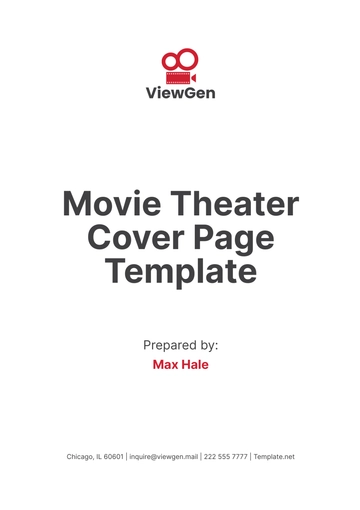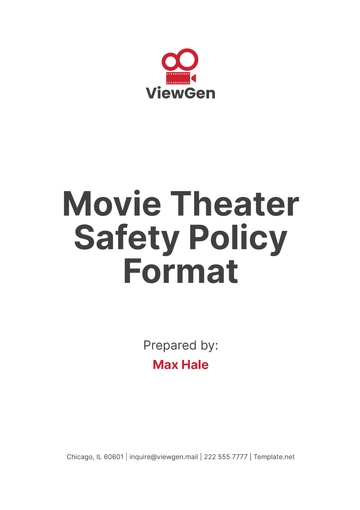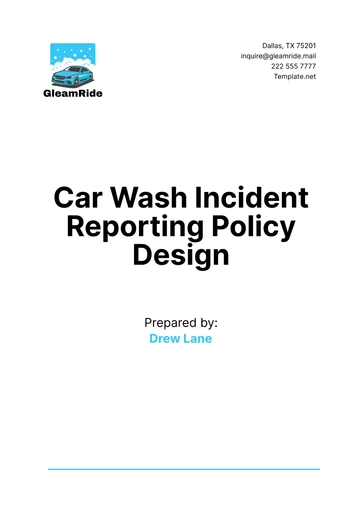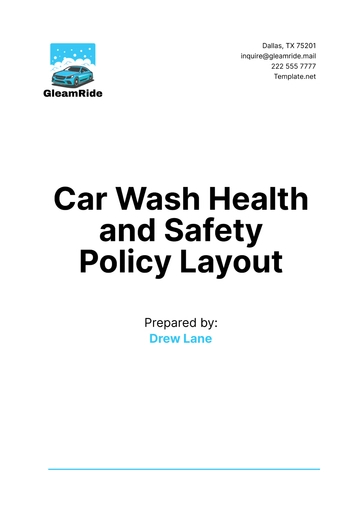Free Nursing Home Medication Safety Policy
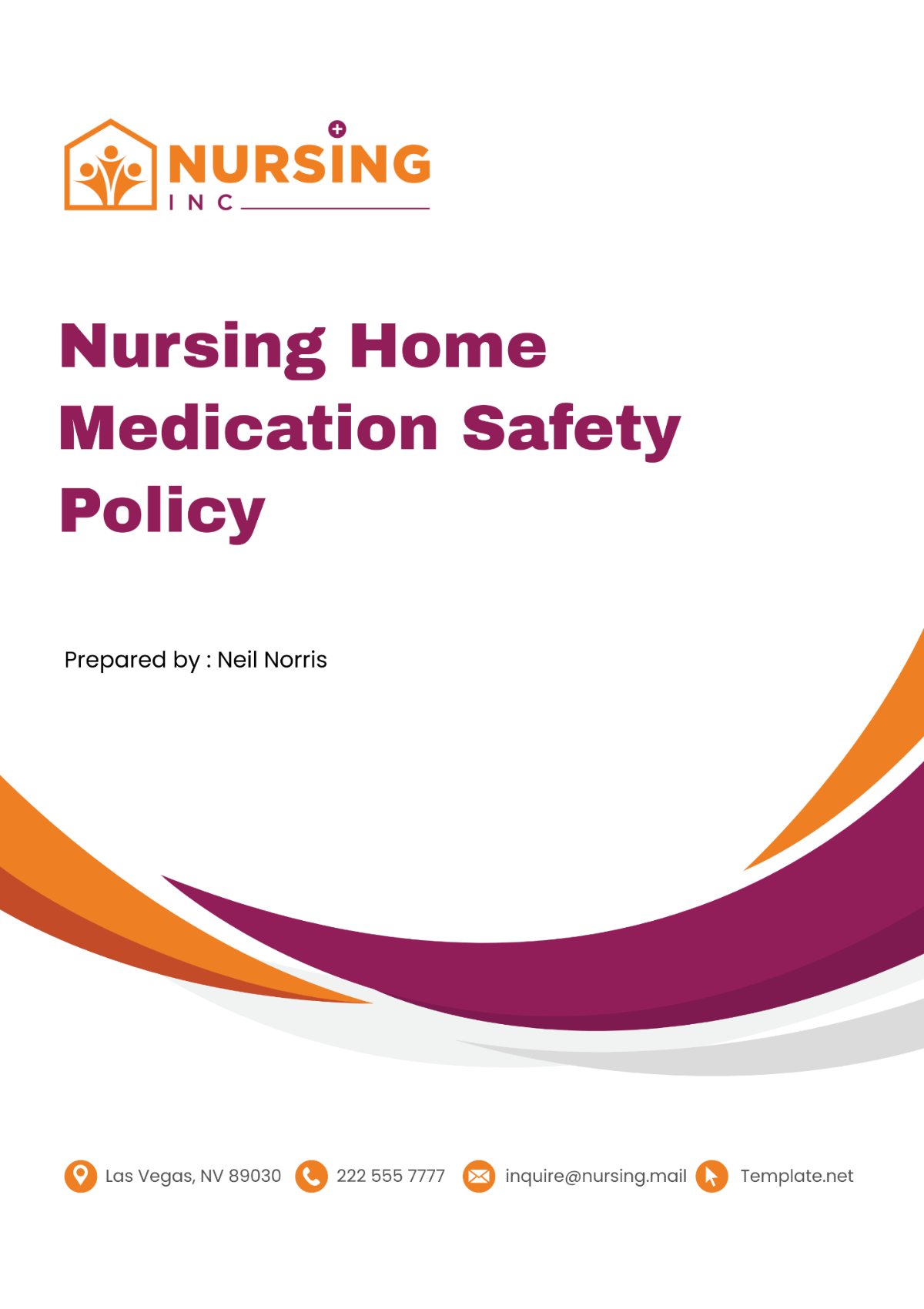
This policy is designed and implemented under the authority of [YOUR COMPANY NAME]. The safety of residents and their medication routine is paramount in the effective operations of any nursing home environment. This holistic policy will guide all personnel involved in medication administration and ensure medication safety, minimizing errors and enhancing overall quality of resident care.
I. Policy Purpose
The overarching purpose of the Nursing Home Medication Safety Policy, implemented under the authority of [Your Company Name], is to establish a standardized framework for the administration of medications within the nursing home environment. By providing clear guidelines and protocols for medication handling and administration, this policy aims to safeguard the well-being of residents and optimize their health outcomes.
Ensuring the correct administration of medications is paramount in maintaining the health and safety of residents. By standardizing medication practices, the policy aims to minimize the risk of errors and adverse reactions, ultimately enhancing the overall quality of care provided. Through adherence to these guidelines, all residents can receive their medications accurately and on time, thereby reducing the potential for complications and promoting optimal health conditions for each individual.
II. Scope
The Nursing Home Medication Safety Policy comprehensively addresses all aspects of medication management within the facility, encompassing medication handling, administration, storage, and disposal. This policy applies to all staff members involved in the medication process, including doctors, nurses, and care assistants, ensuring a unified approach to medication safety across all levels of care provision.
By establishing a broad scope, the policy ensures consistency and accountability in medication practices throughout the nursing home. From the moment medications are ordered to their safe disposal, every step of the medication process is governed by clear guidelines and procedures outlined in this policy.
III. Policies and Procedures
3.1 Medication Ordering
To maintain accountability and safety, only authorized personnel are permitted to prescribe and order medications within the nursing home. The nursing staff must obtain a valid medication order from the resident's primary care provider before administering any medication. This requirement ensures that medications are prescribed based on individual resident needs and medical assessments, minimizing the risk of errors or unnecessary medication use.
3.2 Medication Storage
Proper medication storage is essential for maintaining medication efficacy and preventing unauthorized access. All medications must be securely stored in a locked medicine cabinet to prevent tampering or theft. Additionally, the storage area must be maintained at appropriate temperature and humidity levels to preserve medication stability and integrity.
3.3 Medication Administration
Only trained staff members are authorized to administer medications to residents. Staff must adhere to the five 'rights' of medication administration: ensuring the right resident receives the right medication, in the right dose, via the right route, and at the right time. Documentation of all medication administrations must be accurately recorded in the resident’s medical record, providing a comprehensive record of medication history and ensuring continuity of care.
3.4 Medication Review
Regular medication reviews, conducted at least annually by the prescribing authority, are essential for evaluating the ongoing necessity and effectiveness of prescribed medications. This review process helps to identify any potential issues such as medication interactions, adverse effects, or changes in resident health status, allowing for timely adjustments to the medication regimen as needed.
3.5 Medication Disposal
Safe and appropriate disposal of medications is crucial for minimizing environmental impact and preventing unintended access or misuse. Expired or unwanted medications must be disposed of in accordance with local or national medicinal waste regulations. By adhering to proper disposal protocols, the nursing home ensures compliance with regulatory requirements and promotes environmental stewardship.
IV. Training and Competency
Ensuring the competency of staff members responsible for medication management is integral to the safe and effective administration of medications within the nursing home environment. To uphold this standard, [Your Company Name] mandates that all personnel involved in medication-related tasks undergo comprehensive training and competency assessments. These measures are designed to equip staff with the knowledge, skills, and confidence necessary to carry out their duties competently and safely.
Training sessions cover a range of topics relevant to medication management, including proper medication administration techniques, medication safety protocols, recognition of common medications and their uses, identification of potential adverse reactions, and emergency response procedures. By providing staff with a thorough understanding of these critical areas, [Your Company Name] ensures that they are well-prepared to fulfill their responsibilities effectively.
In addition to initial training, ongoing competency assessments are conducted periodically to evaluate staff proficiency and identify any areas for improvement. These assessments may take the form of written exams, practical demonstrations, or observations of staff performance during medication administration tasks. Staff members who demonstrate proficiency receive ongoing support and recognition for their efforts, while those in need of additional training are provided with targeted interventions to address knowledge gaps or skill deficiencies.
By prioritizing training and competency assessments, [Your Company Name] demonstrates its commitment to maintaining a skilled and knowledgeable workforce capable of delivering high-quality care to residents. Through continuous education and skill development, staff members are empowered to provide safe and effective medication management, thereby promoting resident safety and well-being.
V. Incident Management
Despite best efforts to maintain safe medication practices, errors or near misses may occasionally occur. In such instances, swift and effective incident management is essential to minimize potential harm and prevent future occurrences. [Your Company Name] has established clear protocols for incident reporting and management to ensure that any medication-related incidents are promptly addressed and resolved.
Staff members are instructed to report any medication errors or near misses immediately to their supervisor or designated reporting authority. Upon receipt of a report, the incident is thoroughly investigated to determine the root cause and contributing factors. This may involve reviewing medication orders, examining administration procedures, and interviewing staff members involved in the incident.
Based on the findings of the investigation, appropriate corrective actions are implemented to prevent similar incidents from occurring in the future. This may include additional training or education for staff members, revisions to medication administration protocols, or changes to the medication storage or handling procedures. By addressing underlying issues and implementing preventive measures, [Your Company Name] strives to continuously improve medication safety and minimize the risk of future incidents.
Furthermore, incident data is regularly reviewed and analyzed to identify trends or patterns that may indicate systemic issues requiring attention. This proactive approach allows [Your Company Name] to address potential risks and vulnerabilities before they escalate into more serious incidents. Through ongoing monitoring and analysis, [Your Company Name] remains vigilant in its commitment to maintaining a safe and secure medication management environment for residents and staff alike.
VI. Review and Auditing
Regular review and auditing of the Nursing Home Medication Safety Policy are essential to ensure its ongoing effectiveness and relevance in the ever-evolving healthcare landscape. [Your Company Name] recognizes the importance of staying abreast of emerging best practices, regulatory requirements, and industry standards to continuously enhance medication safety protocols and procedures.
The policy undergoes periodic reviews by a designated committee or team responsible for evaluating its implementation and effectiveness. During these reviews, all aspects of the policy are carefully examined, including medication ordering, storage, administration, disposal, training, and incident management protocols. Any identified areas for improvement or updates are documented, and corresponding revisions are made to the policy as necessary.
Additionally, regular audits are conducted to assess compliance with the policy's requirements and identify any deviations or deficiencies in medication management practices. Audits may include reviews of medication records, observations of staff performance, and inspections of medication storage areas. Any non-compliance issues are addressed promptly through corrective actions and follow-up measures to ensure resolution.
The last update to the Nursing Home Medication Safety Policy was on June 1, 2050. However, [Your Company Name] recognizes that healthcare practices and regulations are subject to change over time. As such, the policy remains a living document that is subject to ongoing review and revision to reflect the latest evidence-based practices and regulatory requirements. By maintaining a proactive approach to policy review and auditing, [Your Company Name] ensures that its medication safety practices remain current, effective, and aligned with the highest standards of care.
Contact Information
If you have any questions or require additional information regarding this policy, please do not hesitate to contact [Your Company Name] at [Your Company Email]. Your feedback and inquiries are important to us as we strive to maintain a safe and effective medication management environment for all residents and staff.
- 100% Customizable, free editor
- Access 1 Million+ Templates, photo’s & graphics
- Download or share as a template
- Click and replace photos, graphics, text, backgrounds
- Resize, crop, AI write & more
- Access advanced editor
Discover Template.net's Nursing Home Medication Safety Policy Template! Meticulously designed to prioritize residents' well-being, it's an essential resource for nursing home administrators. With Template.net, enjoy editable and customizable features, enabling you to tailor the policy to your facility's unique requirements. Utilize our AI editor tool to effortlessly modify and refine the policy, ensuring compliance and fostering a culture of medication safety.
You may also like
- HR Policy
- Restaurant Policy
- Company Policy
- Accounting Policies and Procedures
- Website Policy
- Privacy Policy
- Safety Policy
- School Policy
- IT and Software Policy
- Law Firm Policy
- Construction Policy
- Interior Design Policy
- Travel Agency Policy
- Education Academic Policy
- Security Policy
- Real Estate Policy
- Expense Policy
- Software Policy
